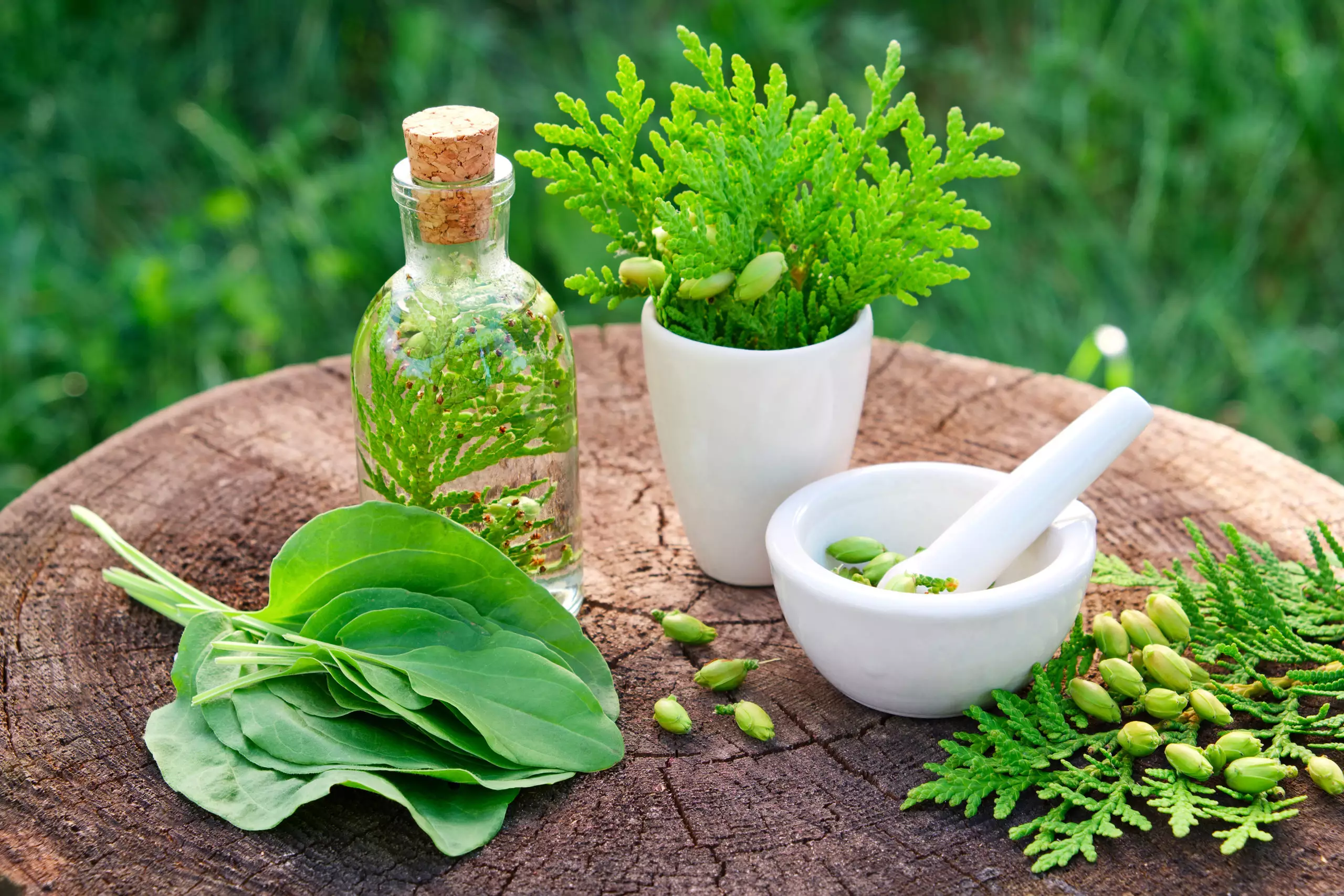Opening the Power of Herbal Remedies: Your Comprehensive Guide
Herbal remedies have been integral to human health and well-being for centuries. As modern medicine evolves, the value of natural remedies is being rediscovered. At Herbal Remede we are dedicated to providing you with insightful, well-researched information about the benefits, uses, and scientific backing of various herbal treatments. This comprehensive guide aims to educate and empower you to make informed decisions about your health.
Understanding Herbal Remedies
Herbal remedies are derived from plants and have been used traditionally for their medicinal properties. These natural treatments encompass a wide range of preparations including teas, tinctures, powders, and capsules. The efficacy of herbal remedies is supported by both historical usage and scientific studies.
Historical Context
For millennia, cultures around the world have relied on the medicinal properties of plants. Ancient Egyptians, Chinese, and Native Americans, among others, developed extensive pharmacopeias of herbal treatments. These traditions have laid the groundwork for modern herbal medicine.
Scientific Backing
Recent studies have confirmed the benefits of many traditional herbs. For instance, turmeric has been shown to have potent anti-inflammatory and antioxidant properties, while echinacea is known for its immune-boosting effects. Clinical trials and laboratory research continue to validate the therapeutic potential of numerous herbs.
Popular Herbal Remedies and Their Benefits
Turmeric (Curcuma longa)
Turmeric, a bright yellow spice commonly used in Indian cuisine, is renowned for its medicinal properties. The active compound, curcumin, has been extensively studied for its anti-inflammatory, antioxidant, and anticancer effects.
- Anti-inflammatory: Curcumin inhibits inflammatory pathways, making it effective for conditions such as arthritis and inflammatory bowel disease.
- Antioxidant: Curcumin neutralizes free radicals and boosts the body’s own antioxidant enzymes.
- Cancer Prevention: Research suggests curcumin can inhibit the growth of various cancer cells.
Ginger (Zingiber officinale)
Ginger is a versatile herb known for its digestive and anti-inflammatory benefits. It’s commonly used to alleviate nausea and vomiting, particularly during pregnancy and chemotherapy.
- Digestive Health: Ginger stimulates saliva, bile, and gastric enzymes, aiding digestion.
- Anti-inflammatory: Gingerol, the active compound, reduces inflammation and pain in conditions like osteoarthritis.
- Nausea Relief: Effective against morning sickness and postoperative nausea.
Echinacea
Echinacea is celebrated for its immune-boosting properties. It is particularly popular during the cold and flu season.
- Immune Support: Enhances the activity of immune cells, reducing the duration and severity of colds.
- Anti-inflammatory: Helps manage respiratory infections and conditions like bronchitis.
- Wound Healing: Applied topically, echinacea can speed up the healing of minor wounds.
Garlic (Allium sativum)
Garlic is not only a culinary staple but also a powerful medicinal herb. Its benefits range from cardiovascular health to antimicrobial effects.
- Heart Health: Garlic reduces blood pressure, cholesterol levels, and the risk of heart disease.
- Antimicrobial: Effective against bacteria, viruses, and fungi, making it a natural antibiotic.
- Cancer Prevention: Compounds in garlic have been shown to inhibit cancer cell growth.
How to Use Herbal Remedies Safely
Consultation with Healthcare Providers
Before starting any herbal remedy, it is crucial to consult with a healthcare provider, especially if you are pregnant, nursing, or taking other medications. Some herbs can interact with prescription drugs or exacerbate certain health conditions.
Quality and Sourcing
The efficacy of herbal remedies largely depends on the quality of the herbs used. Ensure you source your herbs from reputable suppliers who provide organic, non-GMO products. Look for third-party certifications to guarantee purity and potency.
Dosage and Preparation
Correct dosage is essential for the effectiveness and safety of herbal treatments. Follow recommended guidelines and consult with a healthcare professional for personalized advice. Herbal remedies can be prepared in various forms including teas, tinctures, capsules, and topical applications. Each method has its own benefits and specific uses.
Integrating Herbal Remedies into Your Lifestyle
Diet and Nutrition
Incorporating herbs into your daily diet is a simple and effective way to benefit from their medicinal properties. For example, adding turmeric to your meals or drinking ginger tea can enhance your overall health.
Herbal Supplements
Herbal supplements can provide concentrated doses of active compounds. These are particularly useful for individuals who need higher doses for therapeutic effects. Always choose high-quality supplements and follow dosing recommendations.
Holistic Approaches
Combining herbal remedies with other holistic practices such as yoga, meditation, and acupuncture can amplify their benefits. This integrative approach supports overall well-being and addresses the root causes of health issues rather than just symptoms.
The Future of Herbal Medicine
The resurgence of interest in natural and holistic health practices has paved the way for the integration of herbal remedies into mainstream medicine. Ongoing research continues to uncover new applications and benefits of herbs, validating their role in modern healthcare.
Research and Innovation
Innovations in extraction methods and formulation are enhancing the efficacy and accessibility of herbal remedies. Advances in biotechnology are also enabling the identification of active compounds, leading to more targeted and effective treatments.
Sustainability and Ethical Practices
As the demand for herbal products grows, it is essential to promote sustainable and ethical harvesting practices. This ensures the preservation of natural resources and supports the livelihoods of communities involved in herbal production.
Conclusion
Herbal remedies offer a natural, effective way to support health and wellness. By understanding the history, benefits, and proper usage of these powerful plants, we can harness their full potential. At Herbal Remede, we are committed to providing you with accurate, up-to-date information to help you make informed decisions about your health. Embrace the power of nature and explore the world of herbal remedies to enhance your well-being.

